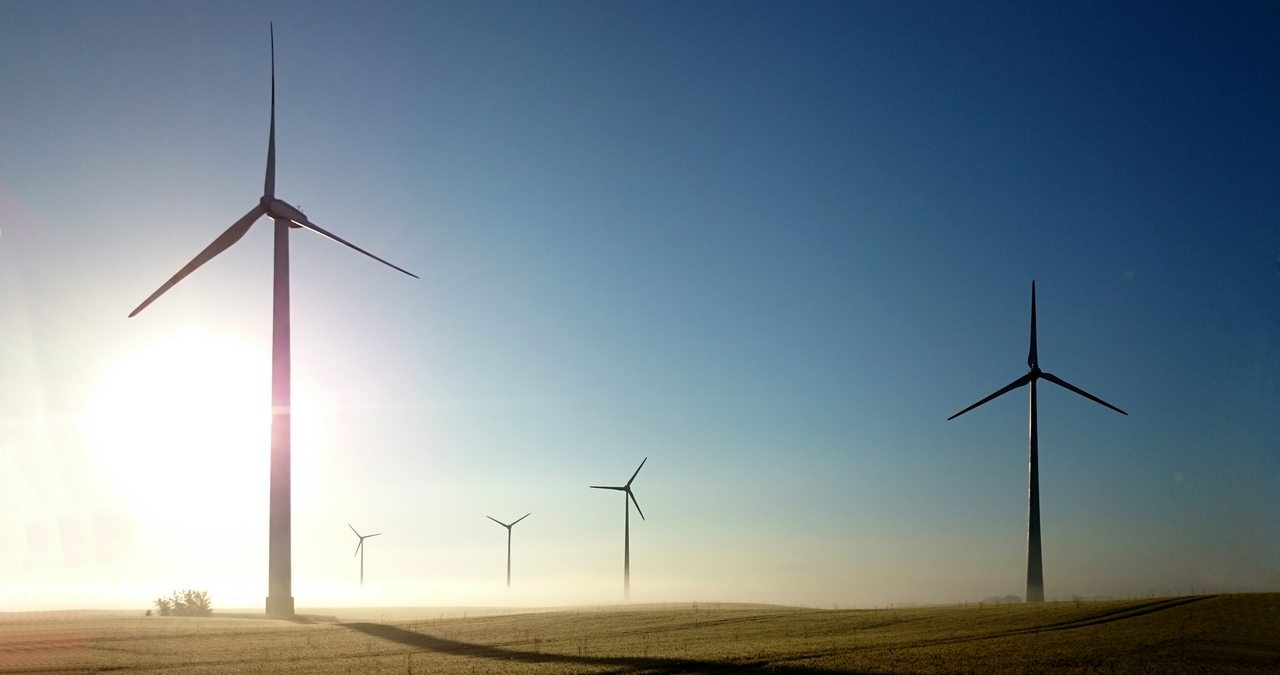LONDON, (Parliament Politics Magazine) – Despite cabinet resistance, PM Johnson has a “working assumption” that onshore wind would be included in the government’s energy strategy, according to insiders.
The Prime Minister is claimed to be “horrified” by the length of time it takes for land wind farms in England to be approved.
Some ministers urge the government to look into changing the planning laws to make the process go faster.
The energy strategy, which has been postponed due to cost concerns, will be released next week.
However, no final choices have been made.
Mr Johnson wanted to make “two major bets” on nuclear and offshore wind, according to a senior government source, although he was also considering wind farms on land, which can face local opposition.
The energy security policy will lay out strategies to make the UK more “energy independent,” achieve net-zero emissions goals, and reduce reliance on Russian oil and gas.
The strategy was supposed to be released this week, but it was postponed when the Treasury expressed worries that some of the targets would apply for decades, far beyond the government’s present spending plans period.
For example, the Prime Minister has stated that by 2050, nuclear power will provide 25% of the UK’s energy.
‘Increase the use of wind energy’
Mr Johnson chaired a meeting with wind energy industry leaders on Thursday, after earlier meeting with nuclear and North Sea oil and gas executives.
The prime minister restated his “commitment to ramp up the supply of wind power,” according to a Downing Street official.
According to a BBC report, Mr Johnson wants to increase the use of nuclear and offshore wind power, as well as convert much of the electricity into hydrogen that can be stored for future use.
Despite the opposition of several cabinet members, they stated that onshore wind will now be included in the strategy as a “working assumption.”
In England, planning laws were reinforced in 2015, making it more difficult for onshore wind turbines to receive approval, but some ministers, notably Business Secretary Kwasi Kwarteng, want to revisit this.
The government has investigated whether incentives, such as lower energy costs for residents living near onshore wind farms, could help give a communal benefit and increase the popularity of the turbines.
‘High Bar’
The PM was told at a roundtable conversation with the wind industry on Thursday that it may take a day to put up an onshore wind turbine but ten years to acquire approval in England, which “horrified” him.
The justifications for more onshore turbines, as well as giving residents incentives such as cheaper energy costs, were “persuasive,” according to a source, but there would be a “high bar for local support”.
After the company Cuadrilla was allowed an extra year to shut two shale gas wells, it is claimed that ministers plan to “leave the door open” to fracking in the energy strategy.
The government’s ban on fracking, though, remains in place, with a senior government source claiming they’d be “astonished” if the strategy’s nod to the process results in more of it happening.
Some Conservative MPs from the Net Zero Scrutiny Group have pressed Mr Johnson to end the 2019 moratorium on fracking.






